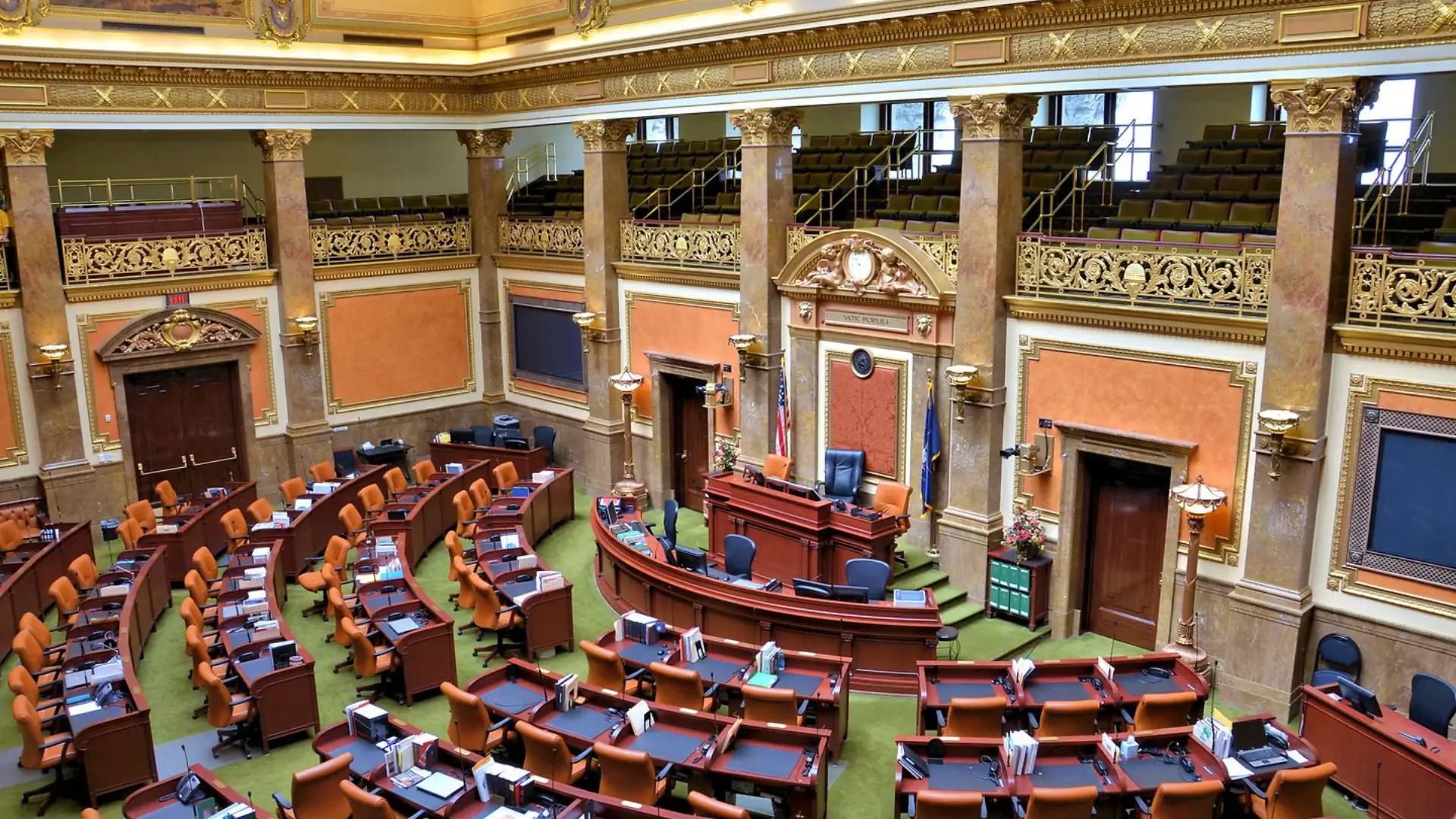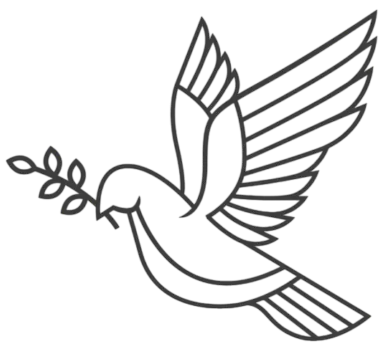
Utah punches above its weight
Originally published in the Deseret News.
We are now two countries into Gov. Gary Herbert’s Western Europe Trade Mission, and a theme is emerging: Utah punches above its weight.
Forgive me for the boxing metaphor, but it seems to fit and has been frequently quoted during this trade mission. It all started with comparisons between the Netherlands and Utah and continued as we visited Belgium. Both are small countries that make a big impact on the world, not unlike the state of Utah.
The Netherlands is about twice the geographic size of New Jersey, but boasts the world’s 17th largest economy. It is the world’s second largest agricultural exporter. Belgium is even smaller geographically but is the political and financial center of Europe. The European Union and NATO are both headquartered in Brussels. Brussels is the gateway to the European market and located in the center of western Europe. Within a six-hour drive you can reach 75 percent of the European market in terms of GDP.
Utah has similar and surprising reach. Salt Lake City is known as the “crossroads of the West” because of its central location East to West and North to South in the interior Western United States. Despite Utah’s small population, in the last presidential election two candidates claimed significant Utah ties — one as a former governor and the other as a favorite son. Utah political leaders hold important national leadership positions. Mayor Ralph Becker serves as president of the National League of Cities and Gov. Herbert is the incoming chairman of the powerful National Governors Association. Utah’s economy is relatively small but carries a big stick, now leading the nation in job growth.
It’s been interesting to witness how European business and political leaders view Utah. One business leader said he was excited to meet Gov. Herbert because he read he was the most popular governor in the United States and a leader among governors. Another had read Utah was the happiest state in the United States and wanted to know why. The business and community leaders here seem genuinely interested in the Beehive State.
But what really got me thinking was an experience we had at Impact Hub Amsterdam, an entrepreneurial hot spot in Amsterdam. Impact Hubs are a global community of entrepreneurs with a focus on social enterprise. The concept was founded in London in 2005 and there are over 10,000 Hub members worldwide. Salt Lake City has its own Impact Hub with 200 members.
During a panel discussion about entrepreneurship and innovation, we discussed how John Warnock, co-founder of Adobe, and Ed Catmull, president of Pixar, completed their schooling in Utah. We also talked about how Clayton Christensen, arguably one of the world’s most prominent business strategist and father of disruption theory, is from Salt Lake City. Immediately an entrepreneur in the audience told me, “I quote some of his ideas in my PowerPoint presentations.” The people in attendance got the point: Utah is a hotbed for entrepreneurship, technological innovation and business thinking.
Impact Hub Salt Lake signed a Memorandum of Collaboration with Impact Hub Amsterdam, committing to a spirit of reciprocity. Members from each organization will share expertise and workspace as part of their commitment to social enterprise.
Dustin Haggett, co-founder and CEO of Impact Hub Salt Lake, told me, “People throughout the world share a commitment to improve human well-being and care for the environment. Impact Hubs are helping to make this happen.” My guess is that Salt Lake City’s Impact Hub, like other aspects of business and life in Utah, will punch above its weight.
Our next stops will be the U.S. embassy in Brussels and a Huntsman Corporation plant in Belgium.

